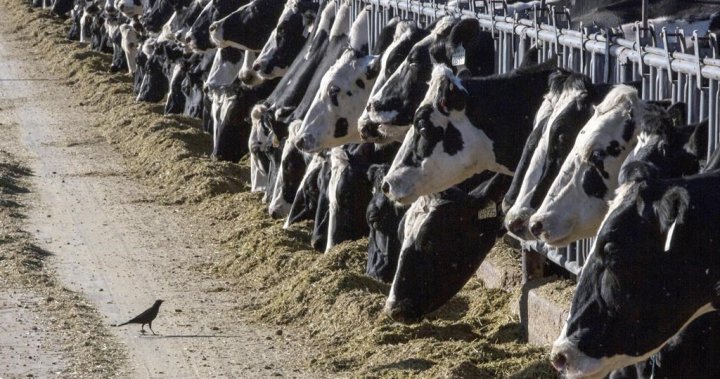- “Entire herd of cattle disappears from Quebec farm in suspected theft”. Morgan Lowrie. 2024-05-27. Global News (https://globalnews.ca/news/10527367/quebec-bovine-theft/).
- Archive
Odd indeed, I assume Canada is like most of the western world in that you need to register your livestock’s birth with the state and tag/brand/chip them with identification. It would be difficult for another farm to abduct someone else’s livestock and pass off as their own
I don’t know about Canada, but in the US, it wouldn’t be hard. Getting a spot in line for the butcher might be though. First place I would look is the processors or auction houses. No one steals that many just to keep as pets and the longer you have to feed them, the less incentive there is to have stolen them in the first place. The other motivate is some peta type and is just going to release them to the wild.
Releasing to the wild is a terrible idea, cattle aren’t really capable of surviving in the wild anymore. So seems right up the alley of some PETA idiot’s brain yeah.
I suppose you could find an unscrupulous butcher who would slaughter all these unreported but if they ever got caught… I wouldn’t consider it worth the risk if I was an abattoir owner
Thing is, the butchers near me at least are all backed up. You have to reserve your spot way ahead. It could be a farmer who reserved a spot and lost all their cattle for some reason. Could be someone doing the butchering themselves. If it were smaller animals like goats or ducks, that’s a stronger possibility.
Any butcher or processor in a coupe hours have probably been made aware of the theft. They’re going to report it.
cattle aren’t really capable of surviving in the wild anymore
I looked into this briefly, and it appears that it’s possible that most livestock would be able to fair rather well on their own in the wild — ofc assuming that the animals are in a hospitable area:
- https://worldbuilding.stackexchange.com/a/117616
- https://www.reddit.com/r/askscience/comments/sijx8/could_a_cow_survive_in_the_wild/
Granted, these are just random forums — who knows how credible these answers are.
They can’t breed without human assistance and are susceptible to a wide variety of common diseases they only survive through our medication and care.
They may be able to graze a while in the same fields we had for them but now lacking fences but there is no long term survival for the species
They can’t breed without human assistance
What do you mean by “human assistance”? Are you referring to artificial insemination? If so, it appears that artificial insemination is rather far from universal — the alternative being natural breeding — for example:
Almost 80% of dairy producers in North America use artificial insemination (AI) to breed cattle, compared to only 4% of beef producers. [source (archive)]
With pasture breeding, […] a bull [can] sire more than 40 calves in a 6 to 8 week calving period. [source (archive)]
[They] are susceptible to a wide variety of common diseases they only survive through our medication and care.
Sure, but this doesn’t necessarily mean that they are all certain to contract said diseases, nor is it certain that the transmission rate would be high enough for all cows to die off.



